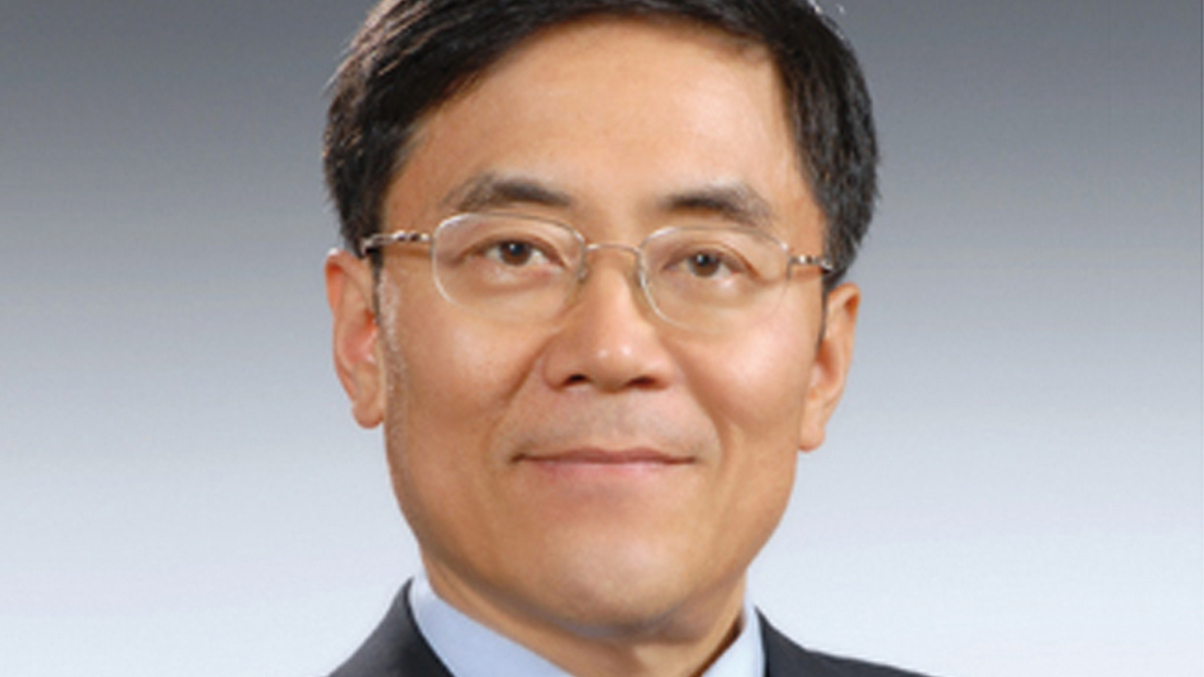CIO defends KIC over stigma of Merrill losses
Choo Heung Sik, CIO at Korea Investment Corporation, says continued references to the fund's failed $2bn stake are blind to its progress since. He outlines big alternatives plans and structural changes.

The new CIO of Korea Investment Corporation has leapt to the sovereign fund’s defence, decrying the negative stigma attached to its loss-making investment in Merrill Lynch as unrepresentative of its achievements.
Sign in to read on!
Registered users get 2 free articles in 30 days.
Subscribers have full unlimited access to AsianInvestor
Not signed up? New users get 2 free articles per month, plus a 7-day unlimited free trial.
¬ Haymarket Media Limited. All rights reserved.


